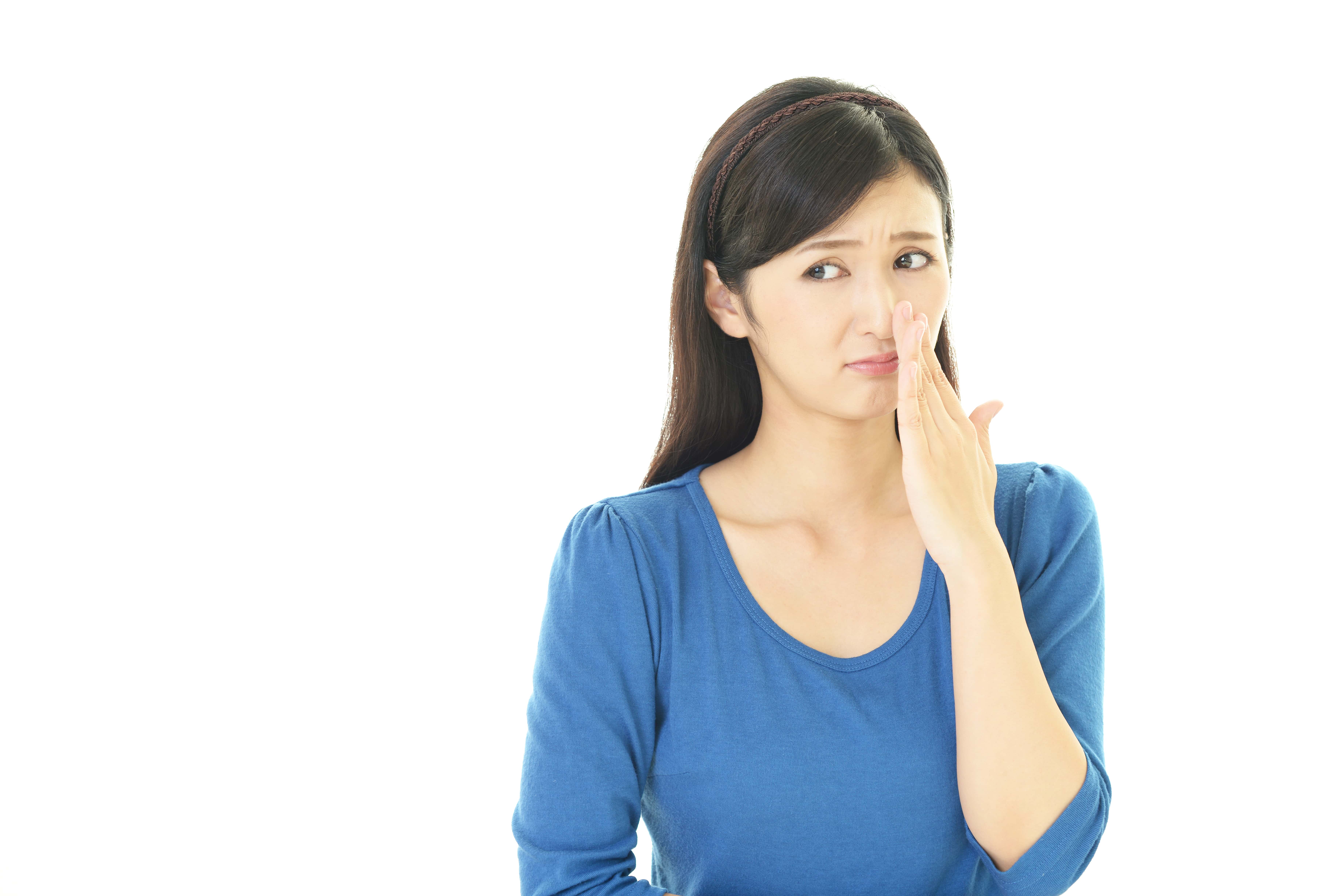Ways to get rid of period smell
Periods can be painful. We’ve all experienced period leakage (staining) at some point in our lives. If this is your first time experiencing periods, you should buy a set of long-lasting and comfortable sanitary pads. Choose pads that are designed specifically to counter heavy leakage without getting displaced.
In recent years, pad that prevents smell have gained popularity because they do not smell bad after absorbing fluids.
Why people prefer Pads That Prevent Smell:
- Using a smelly period pad can lead to irritation.
- Pads that prevent smell provide the user with a comfortable feeling.
- Most of these pads will stay in place over prolonged periods without making you uncomfortable.
- Using a pad that prevents smell will help keep you proactive and positive without the fear of foul smell, stains, and leakage.
What to Look for in a pad that prevents smell?
- Look for a sanitary pad that features an antibacterial sheet. This sheet would prevent foul odour due to bacterial growth.
- Go for a pad that is wide enough to soak fluids with ease.
- Look for an XL-size pad for complete coverage.
- Even if you stay put for long hours, it won’t lead to stained garments because the liquid does not stay on the surface.
Sofy’s pad that prevents smell are preferred because they are made with a soft material on skin to help you stay relaxed during your periods. These pads come with antibacterial properties to prevent bacterial infections. Moreover, these pads are known for their refreshing unique fragrance. Keep yourself dry and comfortable during your periods with Sofy’s fragrant pads.
FAQ’s
2. Can pads help in controlling period odor?
Yes, some sanitary pads are designed with special odor control features. These pads neutralize the smell rather than simply masking it. They often contain natural absorbents or mild fragrances that help keep you feeling fresh during your period.
3. How often should I change my pad to prevent smell?
To avoid period odor and maintain hygiene, it’s recommended to change your pad every 4 to 6 hours. If your flow is heavier, you may need to change more frequently. Wearing the same pad too long can cause odor and even lead to infections.
4. Do scented pads cause irritation or infections?
Some people may find that scented pads irritate sensitive skin. If you experience itching, redness, or discomfort, try switching to unscented pads with odor-lock features instead. Always use what suits your body best.
5. What kind of pads are best for staying fresh all day?
Pads with good absorbency, breathable material, and odor-lock technology are best for all-day freshness. Look for pads that offer anti-bacterial layers and quick-absorption features, especially during long days at work or school.
6. Can poor hygiene during periods cause bad smell?
Yes. Not washing the intimate area properly, using pads for too long, or wearing tight, non-breathable underwear can increase the chances of developing an odor. Good hygiene is key to staying fresh and healthy during menstruation.
7. Is period smell normal or should I be worried?
A mild metallic or musty smell is usually normal during menstruation. However, if the odor is strong, fishy, or accompanied by unusual discharge or itching, it might signal an infection. In that case, it’s best to consult a doctor.
8. What other tips can help reduce menstrual odor?
Some tips include:
- Wearing clean cotton underwear
- Changing pads regularly
- Keeping the intimate area clean with plain water
- Avoiding strong soaps or intimate sprays
- Using pads that offer odor protection
9. Can food affect how your period smells?
Yes, certain foods like garlic, onions, red meat, or strong spices can affect your body odor, including how your period smells. Staying hydrated and eating a balanced diet may help reduce this effect.
10. Are there any health risks from ignoring period odor?
Ignoring strong or unusual menstrual odor could mean missing signs of an underlying health issue like a bacterial or yeast infection. If you notice a persistent or unpleasant smell, especially with discomfort or discharge, see a healthcare provider.

